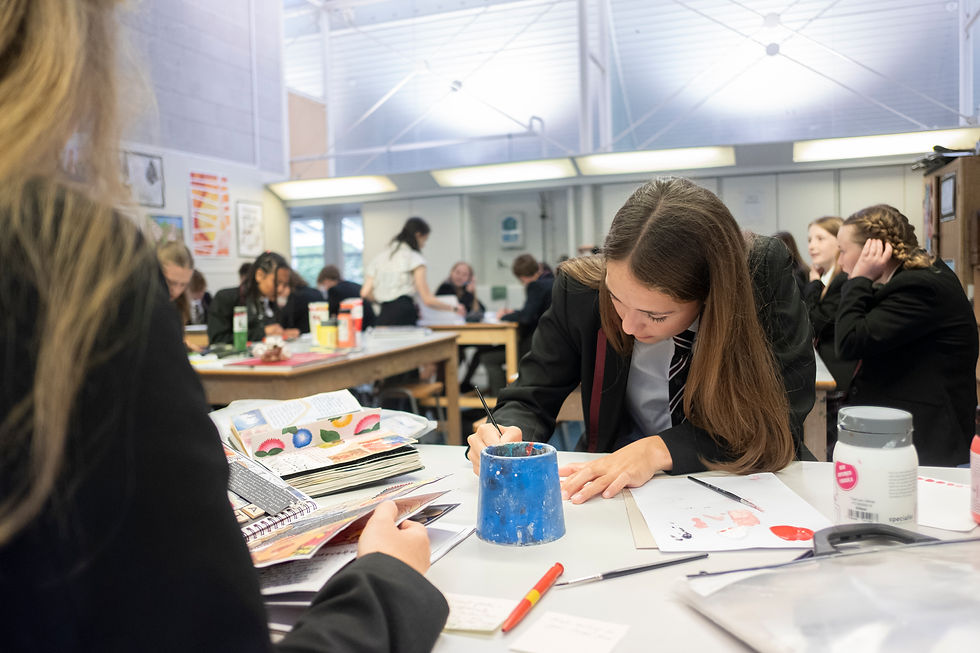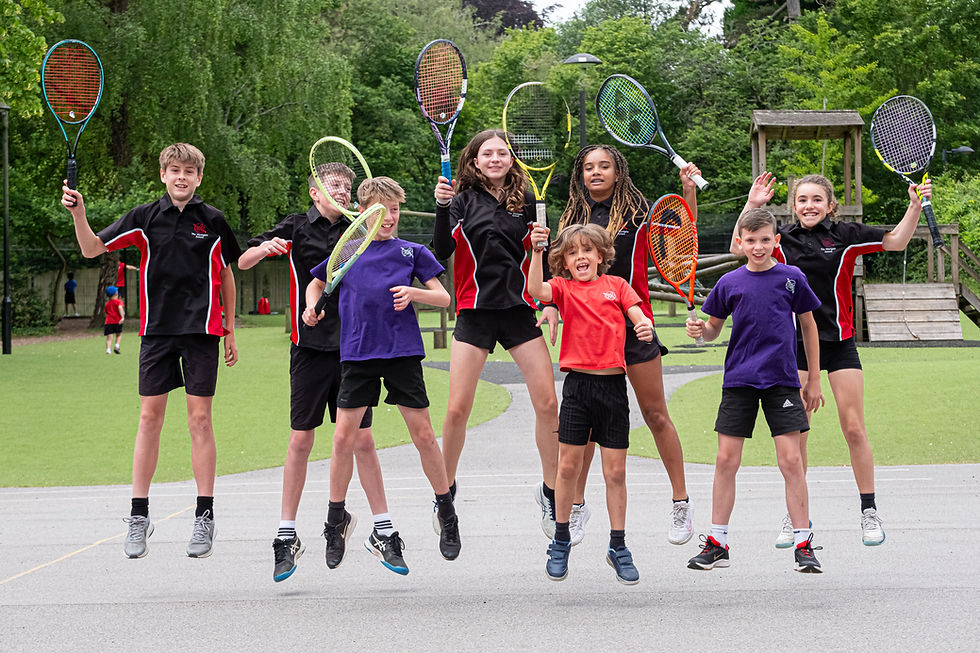
Choices & Options


Choices & Options


Choices & Options


Choices & Options


Choices & Options


Choices & Options


Choices & Options


Choices & Options


Choices & Options


Choices & Options


Choices & Options


Choices & Options


Choices & Options


Choices & Options


Choices & Options


Choices & Options


Choices & Options


Choices & Options

.jpg)
Choices & Options

Choices & Options
Choosing options is an exciting process, though a little daunting. This page provides an overview to our curriculum for the remaining three years of your child’s time with us.
Firstly, you should be aware that pupils do not have a completely free choice!
It is the school’s expectation that every young person will engage with the full range of curriculum entitlement that includes Foreign Languages as part of our core provision through to GCSE summative assessment. Only in very exceptional circumstances are pupils able to reduce the number of subjects for which they are entered which include: long term absence, specific learning needs or low attendance owing to medical reasons; a pupil who has joined the school under Fair Access arrangements for whom the full range of GCSEs may not be appropriate, or a pupil who is in receipt of support from Children’s Services for whom the full range of subjects would be an unreasonable expectation or a child that is on reduced/alternative provision as agreed by the Inclusion Support Services (Hampshire County Council).
Curriculum Choices and GCSE Options
Throughout Years 9 to 11, pupils will continue to study the core subjects of English, Maths and Science and from Year 10 their learning will focus on the GCSE syllabi and a choice of either Double or Triple Science. Pupils will take GCSE English Language and Literature in our school as part of their core provision. Pupils must take part in core PE and the majority of pupils will continue to study a language. Beyond these compulsory aspects, pupils can then express a preference of subjects they would like to study to GCSE, timetable permitting. It is important that pupils make informed decisions and so our option process gives plenty of opportunities for parents/carers to meet with colleagues and reflect on the options available. Our core provision is designed to enable pupils to undertake post-16 opportunities, subject to achieving the minimum grade entry requirements as specified by those providers.
Year 9 Choices
The Year 9 curriculum is characterised by broader opportunities for pupils to experience new subjects such as Photography and Media Studies as discrete subjects. Meanwhile, all pupils will continue their learning in Core Computing, PE, Religious Education and at least one other Humanities subject such as History or Geography to ensure a broad and balanced curriculum is experienced. They will then express a preference for a further three subjects. The school takes a varied approach to the organisation of teaching groups to ensure that the challenges of learning in different disciplines are effectively met.
Year 10 GCSE Options
By the end of Year 9, pupils will have a second opportunity to focus their learning as they express their preference of subjects for examination entry. In addition to the core provision, they will choose three options to take to GCSE. We expect most pupils to continue with a Humanity subject because alongside a range of other subject disciplines, qualifications in these disciplines are a sound foundation for post-16 learning. Additionally, pupils may wish to continue with a second language course. Where pupils have particular interests in music or sport for example, the school provides ample opportunities for them to pursue their interests even if not taken as an examination subject. We actively promote pupils exploring extra-curricular opportunities throughout their study at The Westgate School.
Our overriding aim is to ensure that as many pupils as possible are able to study their preferred subjects in Year 9 and 10. However, this is not always possible to achieve due to the availability of colleagues, resources, and the need to ensure the viability of group sizes. In the event of a subject being oversubscribed, pupils will be randomly selected using a digital randomiser for first refusal to ensure a fair and transparent approach.
Our phased approach to curriculum preferences means that it’s rarely the case that pupils wish to change their curriculum preference. Whenever possible, this will be considered but is unlikely to viable as it is subject to availability of space in that new subject. It’s equally important to establish consistency within a subject class, and therefore changes will only be considered in the first 4 weeks from the start of the academic year and only with a clear, sound academic rationale. Changes outside of this period will only be considered on an exceptional basis. Pupils will not be permitted to change their classes or subjects based on friendship requests.
Curriculum structure across the 5 years

The Foundation Choices
All pupils study English, Maths, Science, core PE and Personal Development. These subjects take up 14 out of a pupil’s 25 lessons each week. Option subjects take up the remaining 11 lessons. They take 6 foundation courses in Year 9 (including a language and RE) and then refine this down to 3 options (4 if no language taken) in Year 10.
These are the Foundation subject we offer for Year 9 and GCSE:
Astronomy explores the Earth–Moon–Sun system, the solar system, stars, galaxies and the wider universe, focusing on how we observe and understand cosmic phenomena. It develops scientific skills through practical observations, calculations, and the use of real astronomical data.
Fine Art is a vibrant and dynamic subject that offers pupils the freedom to learn in ways that inspire and bring out the best in of their skills and knowledge.
Computer Science has real relevance in our modern world. The course will give an in-depth understanding of how computer technology works and what goes on “behind the scenes”.
Design & Technology covers core technical, designing and making principles, including a broad range of design and modelling processes, techniques and use of equipment to realise ideas.
Food Preparation & Nutrition provides an opportunity for pupils to prepare a wide variety of different dishes. Pupils investigate the functions of different ingredients as well as understand the foods that contribute to a healthy diet.
Drama allows pupils to develop performance skills or design skills including set design and sound. Pupils will gain confidence and experience they need for the future.
Geography gives pupils the opportunity to learn about both natural and social sciences. We will consider how geography impacts everyday life, the key opportunities and challenges facing the world.
History will help pupils understand past events and people. We believe that as a society there is importance of not just learning history but learning from history.
Latin (within the English curriculum in Year 9, a separate subject from Year 10) provides a foundation in linguistic and cultural competence, enabling pupils to gain knowledge and understanding of the Roman world through reading and responding to its language and literature.
Modern Languages (French, German and Spanish) will help pupils develop their ability to write and speak in the language and to understand the language when it is written or spoken.
Media - each time we watch television, read a newspaper or access the internet, we are exposed to the power of the Media. This dynamic and exciting subject provides pupils with an excellent tool to navigate and analyse the world we live in.
Music is constantly evolving, inspiring creativity and expression in a way that no other subject can. Our course offers pupils the chance to study a wide range of musical genres, with more opportunities for practical learning.
Photography will enable pupils to consider how ideas, feelings and meanings are conveyed and interpreted in images. Pupils will develop a knowledge and understanding of photography and cameras.
Physical Education is a combination of practical and theory work that builds pupils understanding of anatomy and physiology and the social aspects of sport. Pupils will need to competent in three different sports.
Religious Education course involves the learning about two major world religions, Christianity and Islam and looks at their beliefs and practices, their customs and traditions, their festivals and holy days. We also learn different ethical perspectives.
Sculpture - pupils will gain knowledge and understanding of how ideas, feelings and meanings are conveyed in images, artefacts and products in their chosen area(s) of learning.
Things to consider
What subjects do they enjoy?
Only your child knows the answer to this. If they like a subject, they will not mind working hard at it. Hard work is essential whatever they choose, but enjoyment makes the work easier.
What subjects are they good at?
As well as talking about this with your child, you should use the advice of their teachers and Form Tutor.
How do they enjoy working?
Some subjects will require them to do a lot of coursework. Others will be assessed mainly by exam. Consider together about which way of working they prefer.
What do they want to do when they leave school?
They may already know exactly what career you wish to follow. If so, they could choose the subjects which may be needed as qualifications. Most Year 9 pupils have no settled ideas of what they would like to do after leaving school. If this is true for your child, then help them choose a balanced set of courses which will leave them with plenty of possible careers to choose from later on.
The options timeline
There will be time for both pupils and parents to meet with subject teachers and senior colleagues in school and to take on board careers advice from a qualified advisor. Please take note of all the key dates.
Autumn Term | Partners in Learning events and Tutors start talking about options and pupils consider the impact of their choices |
Thursday 5th March
| The Careers Fair runs from 4.30 pm to 7.30pm At 4:30 we will have school stalls so that you can speak with teachers about the school courses. Additionally, from 5:30 we will have colleges, career guidance and businesses in school for pupils to meet with and discuss possibilities.
|
Thursday 12th March | Year 9 Parents’ Evening You can then speak with teachers about your child’s preferences. It may be useful for you to prioritise booking the preferred option teachers for this evening rather than English, Maths and Science. |
Friday 20th March |
Year 9 Option forms must be completed online
|
Thursday 23rd April | Year 8 Parents’ Evening You can then speak with teachers about your child’s preferences. It may be useful for you to prioritise booking the preferred option teachers for this evening rather than English, Maths and Science. |
Friday 24th April |
Year 8 Choices forms must be completed online
|
Further information about the courses
There is a detailed Curriculum booklet that can be downloaded from our website which has the information about the different GCSEs. This can be found at:
There will be plenty of opportunity for both pupils and parents/carers to consider the optimum choices. We encourage you all to make maximum use of the information available, and the opportunities on offer, to engage with subject teachers and other professionals in school throughout the options process. Please do ask for further assistance or advice should you require it.
.jpg)
.jpg)